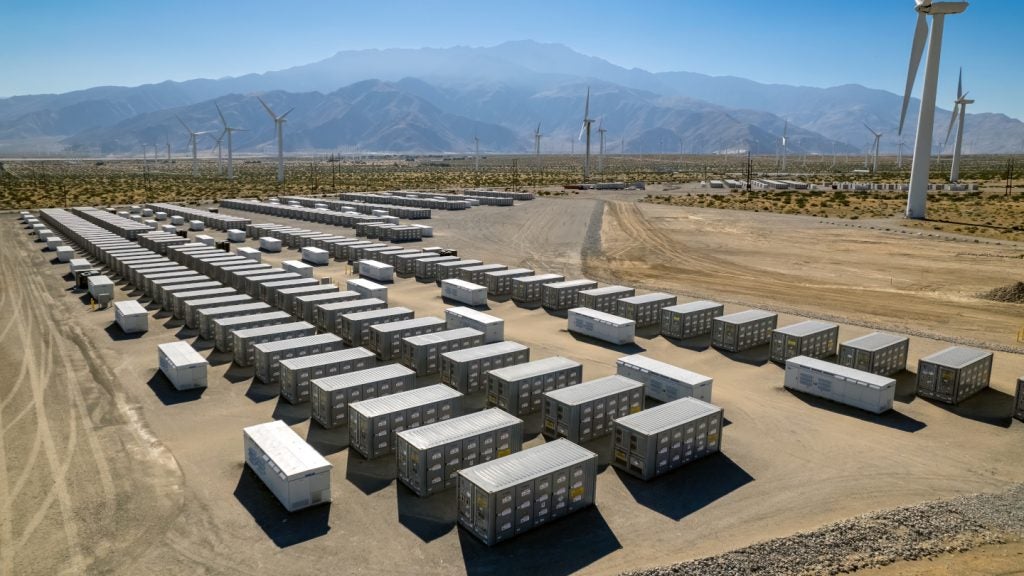As president-elect Donald Trump prepares to return to the White House on Monday (20 January), he is poised to immediately implement emergency powers to enhance US energy production, according to multiple US media outlets, citing sources close to Trump.
Reports indicate that Trump plans to declare a national energy emergency following his inauguration, including cancelling the federal land and offshore oil and gas drilling bans implemented by President Biden.
Biden announced a permanent ban on new offshore oil and gas development in selected areas of US coastal waters in early January.
The incoming leaders will also seek to push back on several Biden-era climate regulations and initiatives, said several sources, without providing details.
Industry experts assume that a complete revocation of the Inflation Reduction Act, a cornerstone of Biden’s $369bn clean energy initiative, is unlikely, given bipartisan recognition of its economic benefits. However, the president-elect may be successful in focussing the legislation to the advantage of the oil and gas industry.
Among renewables, the wind power industry is likely to be the most affected by Trump's administration. Trump has repeatedly expressed his disdain for wind and pledged to stop new offshore wind projects "on day one" of returning to office.
On Friday (17 January), Doug Burgum, Trump's nominee for Secretary of the Interior, said that the new administration will allow offshore wind projects that have already been approved to continue.
Trump will also adjust rules around electric vehicles (EV), possibly cutting off funding for transition technologies, including EV subsidies.
While on the campaign trail in late October, Trump promised to use “our emergency powers to allow countries and entrepreneurs and people with a lot of money build big plants, AI plants” and we’ll need “double the energy that we already have.”
Trump is also ready to sign executive orders related to the southern border, immigration enforcement, bringing back the US’s federal workforce to offices, and ending Biden-era diversity, equity, and inclusion (DEI) initiatives.
















